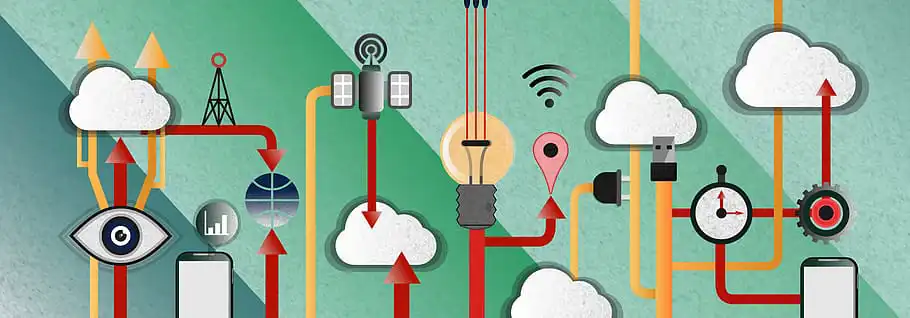Microsoft recently announced that it has fallen victim to a significant cybersecurity breach. The culprits, reportedly, are Russian state-sponsored hackers. The company became a part of a long list of victims which includes several US agencies such as the Department of Commerce and the Treasury Department.
The tech giant’s predicament doesn’t end at being hacked. The source code, the very backbone of any software or web program, has also been compromised. It allows any entity having access to it a deep understanding of the programming, which can be exploited to expose any vulnerabilities.
The hacking group has has been identified as Nobelium, the same group behind the infamous SolarWinds hack. This group has been linked back to the Russian government. Their modus operandi seems to be consistent - they use similar technical strategies and targets as in its previous breaches.

In this instance, the hackers used Cobalt Strike, a legitimate penetration testing tool, against Microsoft. This tool is typically used by cybersecurity professionals to find and patch vulnerabilities in their clients' systems.
The breach certainly poses a significant risk to Microsoft’s proprietary technology. Source code is highly valuable because it reveals the core structure and behavior of a software program. Once these are exposed, it becomes much easier to identify weak spots and exploit them.
In addition to the source code, the hackers also apparently gained access to Microsoft's internal systems and information. While there's no telling what information was accessed, such breaches could lead to further hacks, data leaks, and other security concerns.
Microsoft, however, has downplayed the severity of this breach. They insist no customer data was compromised or altered. The tech titan also maintains that their products remain secure and no changes to software operation were observed, even with the source code being viewed.
The company has highlighted that it operates a principle called ‘assume breach', which essentially suggests that they always operate as if they have been breached. This philosophy supposedly allows them to counter potential threats more effectively and ensures their systems are resilient enough.
Despite this, the incident raises significant concerns about the security of Microsoft's systems. It could result in its software being subverted and used for nefarious purposes by malicious actors.
Further, it exposes corporations and individual users, who rely on Microsoft's services, to potential risk. This breach could potentially be used to leverage attacks against them, prompting fears of widespread cyber espionage.
The incident also underscores the increasing sophistication of state-sponsored hackers. Their capabilities are growing, and they are becoming much more adept at exploiting vulnerabilities in various systems.
It is also a stark reminder of the perpetual cybersecurity threats that technology companies face. The continuous evolution of cyber threats necessitates that companies like Microsoft constantly bolster their defenses to protect their systems and users.
Yet, despite the evident dangers, some view the incident as an opportunity. It highlights the dangers at hand and could spur governments and corporations into evaluating cybersecurity more seriously.
Meanwhile, Microsoft has announced that they have taken comprehensive measures to secure their networks and counter the hackers. They also reaffirmed their commitment towards investment in cyber defense, stating that they will continue to evolve their defenses as threats increase.
The incident certainly has broad implications for the cybersecurity landscape. It is a stark reminder for organizations of all sizes: cyber threats are no longer a possibility; they are an inevitability. It's crucial to stay one step ahead, continually reassessing and strengthening cyber defense strategies.
The Microsoft hack is a powerful example of a new era in cyber warfare. State-backed entities using sophisticated tools to compromise tech giants should serve as a wake-up call for the industry.
The key response, for now, would be bolstering cybersecurity measures across the board. This isn't just about damage control or recovery; it's about developing comprehensive and clear security protocols, investing in better protective tools, and fostering a culture of security within organizations.
Overall, the incident serves as another sober warning of the increasing threat from cyber attacks. Robust cyber defenses, vigilance, flexibility, and a proactive approach are key to responding to and mitigating such modern security threats.